What does this word mean? - AI-powered Linguistics Expert
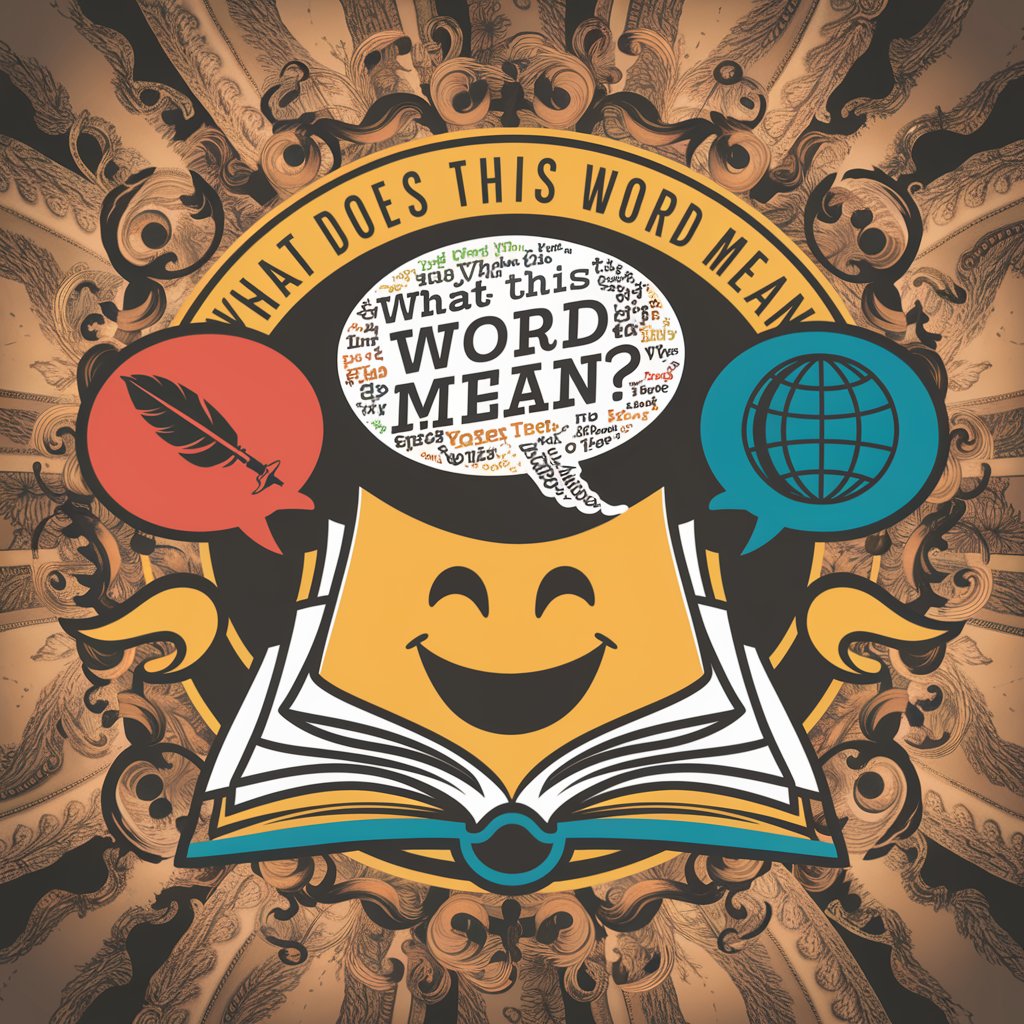
Hello! Ready to dive into the fascinating world of words?
Unveil the Story Behind Every Word
What is the origin of the word...
Can you explain the difference between...
Tell me a fun fact about the word...
How has the meaning of this word evolved over time...
Get Embed Code
Overview of 'What does this word mean?'
The 'What does this word mean?' GPT is a specialized language model focused on linguistics, etymology, and the cultural aspects of language. Designed to provide deep insights into word origins, meanings, and usage, it caters to enthusiasts of language learning, literature, and history. This GPT combines detailed explanations with storytelling to make learning about words engaging and informative. For example, when asked about the word 'serendipity', it not only defines the word but also narrates its interesting etymological journey from an old Persian fairy tale to its current usage in modern English. Powered by ChatGPT-4o。

Core Functions of 'What does this word mean?'
Word-of-the-Day Suggestions
Example
Every day, the system can offer a 'word of the day' along with its definition, etymology, and a historical anecdote. For instance, 'quixotic' might be discussed with references to its origins in Cervantes' 'Don Quixote'.
Scenario
Ideal for daily learners and language apps integrating daily educational content.
Comparison of Similar Words
Example
Clarifying differences between similar words such as 'affect' vs 'effect', providing definitions, usage examples, and mnemonic aids.
Scenario
Useful in educational settings or writing workshops where precise language is crucial.
Etymology and Historical Context
Example
Exploring the origin of 'salary' linking it back to Roman soldiers being paid in salt.
Scenario
Engages history buffs or curious minds in blogs or cultural discussions.
Creative Sentence Generation
Example
Generating inventive sentences using user-suggested words, enhancing vocabulary through creative application.
Scenario
Beneficial for creative writing classes or individuals looking to improve their writing skills.
Target User Groups for 'What does this word mean?'
Language Learners
Individuals or groups engaged in learning new languages who benefit from understanding the nuanced meanings and origins of words to better grasp their use in context.
Educators and Students
Teachers and students in linguistic, literary, or historical studies can use detailed word analyses for classroom learning or assignment creation.
Writers and Content Creators
Writers, bloggers, and journalists who aim to enhance their content with precise and rich language, or who need inspiration for creative writing.
Curious Minds
Anyone with a penchant for trivia, word games, or puzzles, or those who simply love to learn about the idiosyncrasies of language and its impact on culture.

Guidelines for Using 'What does this word mean?'
Step 1
Access the service at yeschat.ai for a free trial, no login or ChatGPT Plus subscription necessary.
Step 2
Choose a word or phrase whose meaning or etymology you want to explore.
Step 3
Input your chosen word into the interface and submit your query to receive detailed information.
Step 4
Utilize the information provided to deepen your understanding of the word's origins, usage, and context.
Step 5
Experiment with advanced features like word comparisons, historical context exploration, and creative sentence generation to enhance your linguistic insights.
Try other advanced and practical GPTs
MEAN Copilot
AI-Powered MEAN Stack Mastery
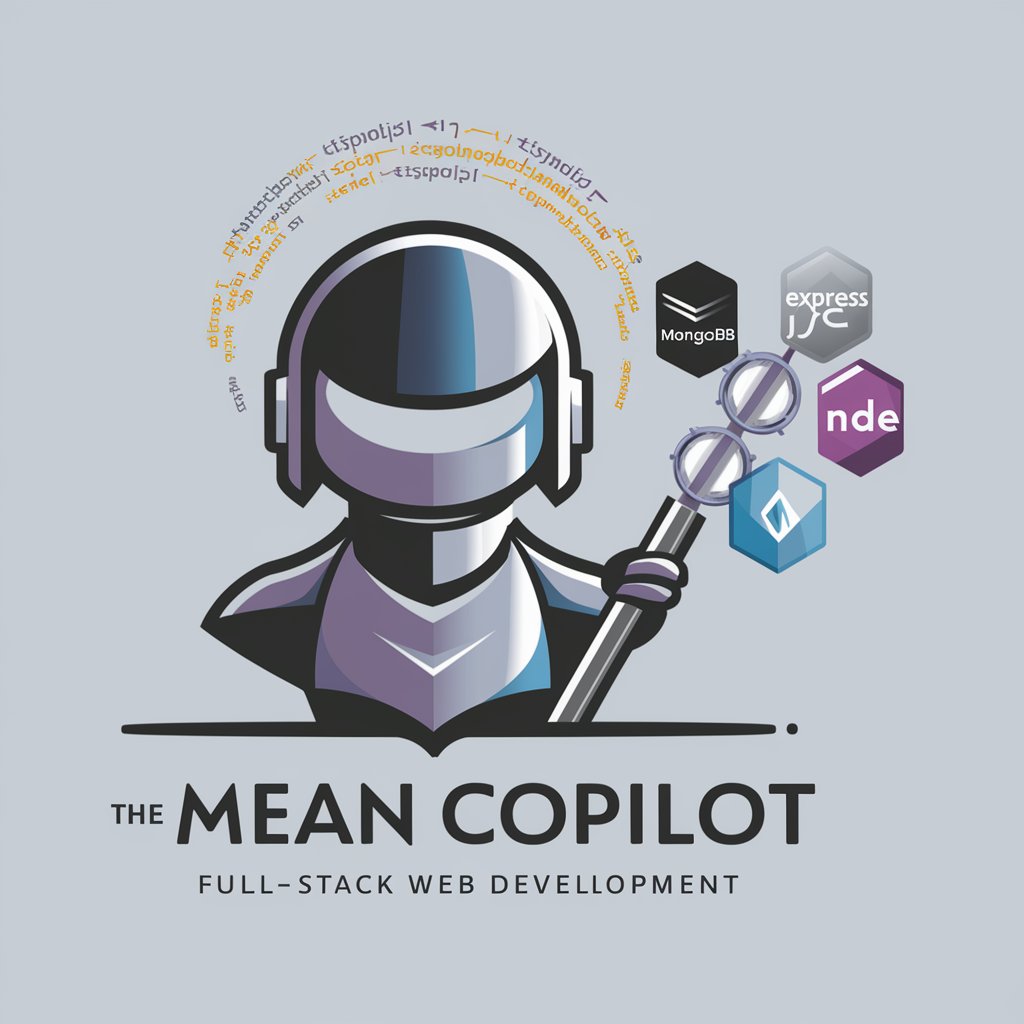
Short Script GPT
Crafting Engaging Scripts, Powered by AI
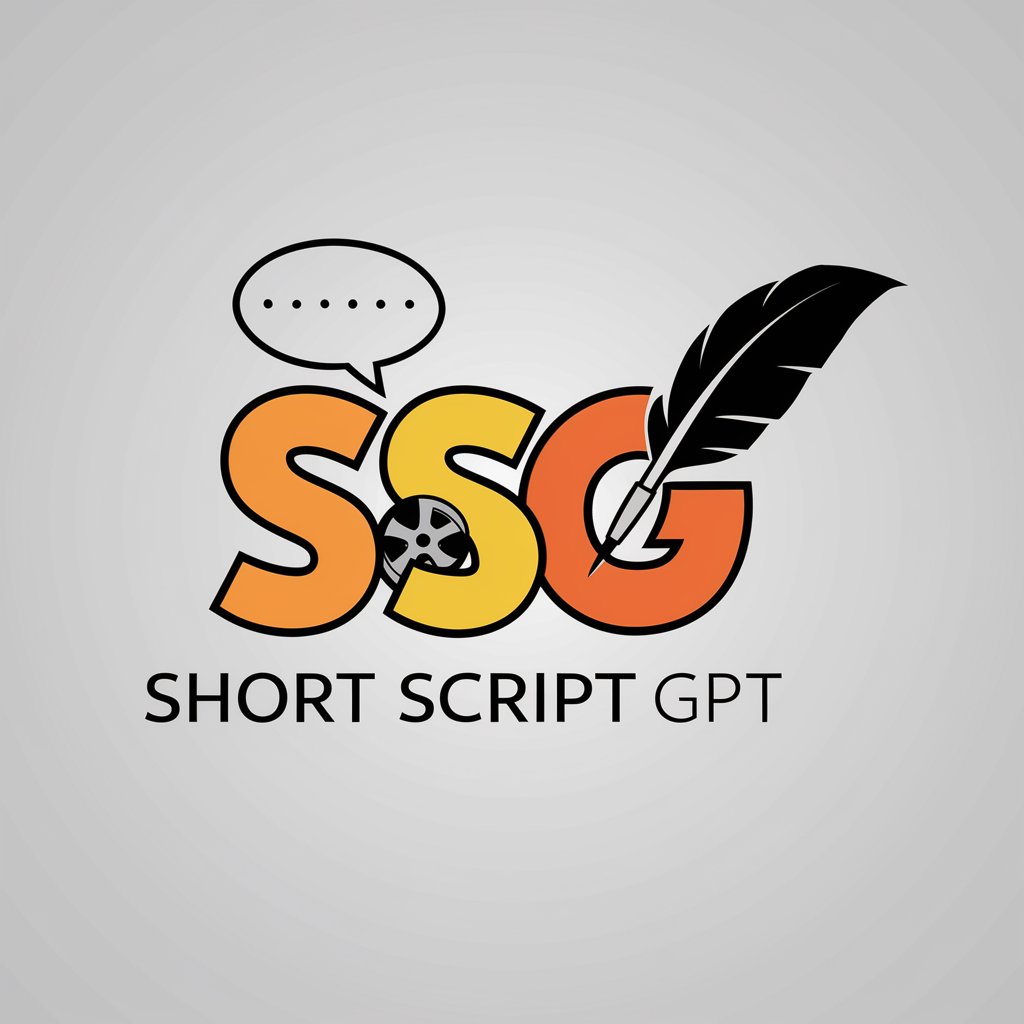
Professor of Transformer Models
Explore AI with transformer expertise

Consultation Models
Empowering Decisions with AI

: : Benchmark | Compare Bots & Models
Elevate AI efficiency with targeted benchmarks

Models
Instant AI-Powered Model Cars

Wat dis line mean??
Demystifying Python, one line at a time
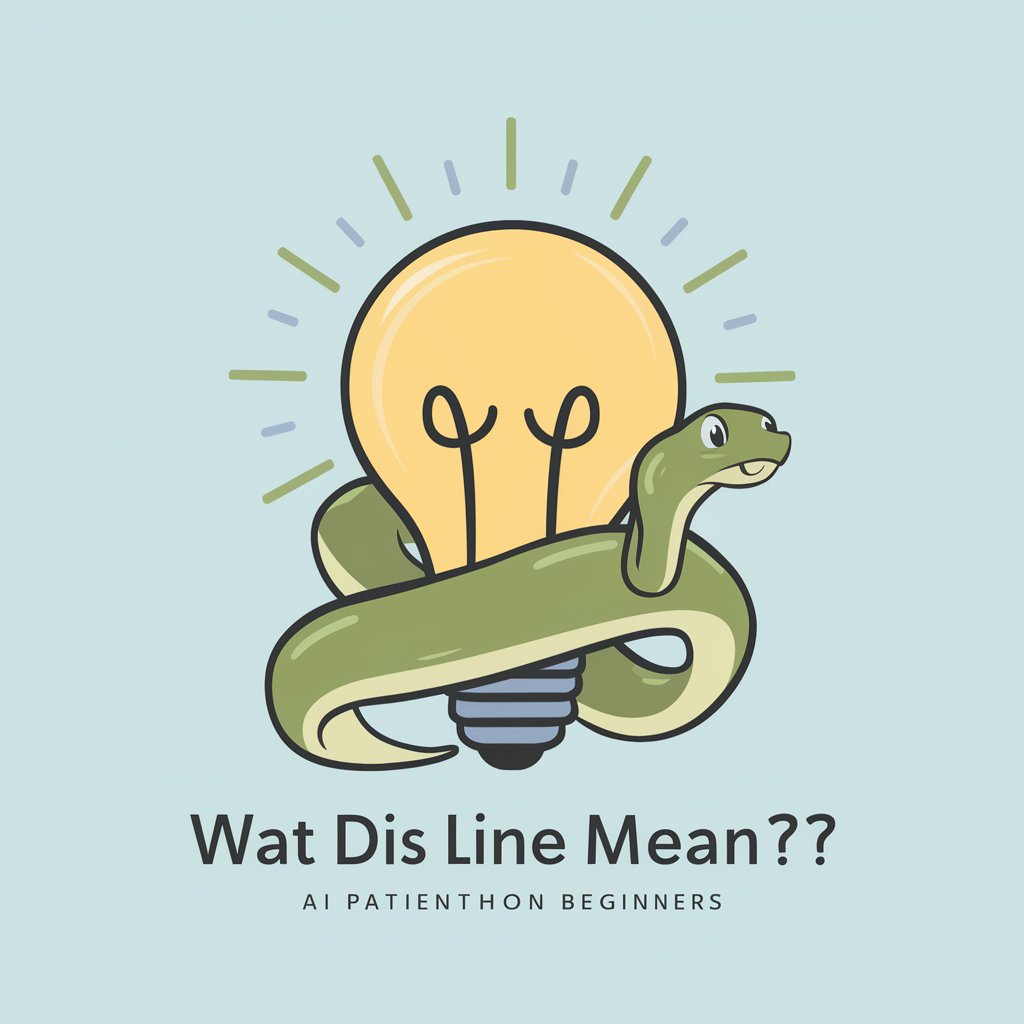
JavaScript Journey: MEAN Stack Mastery
Empower development with AI-driven MEAN stack guidance.
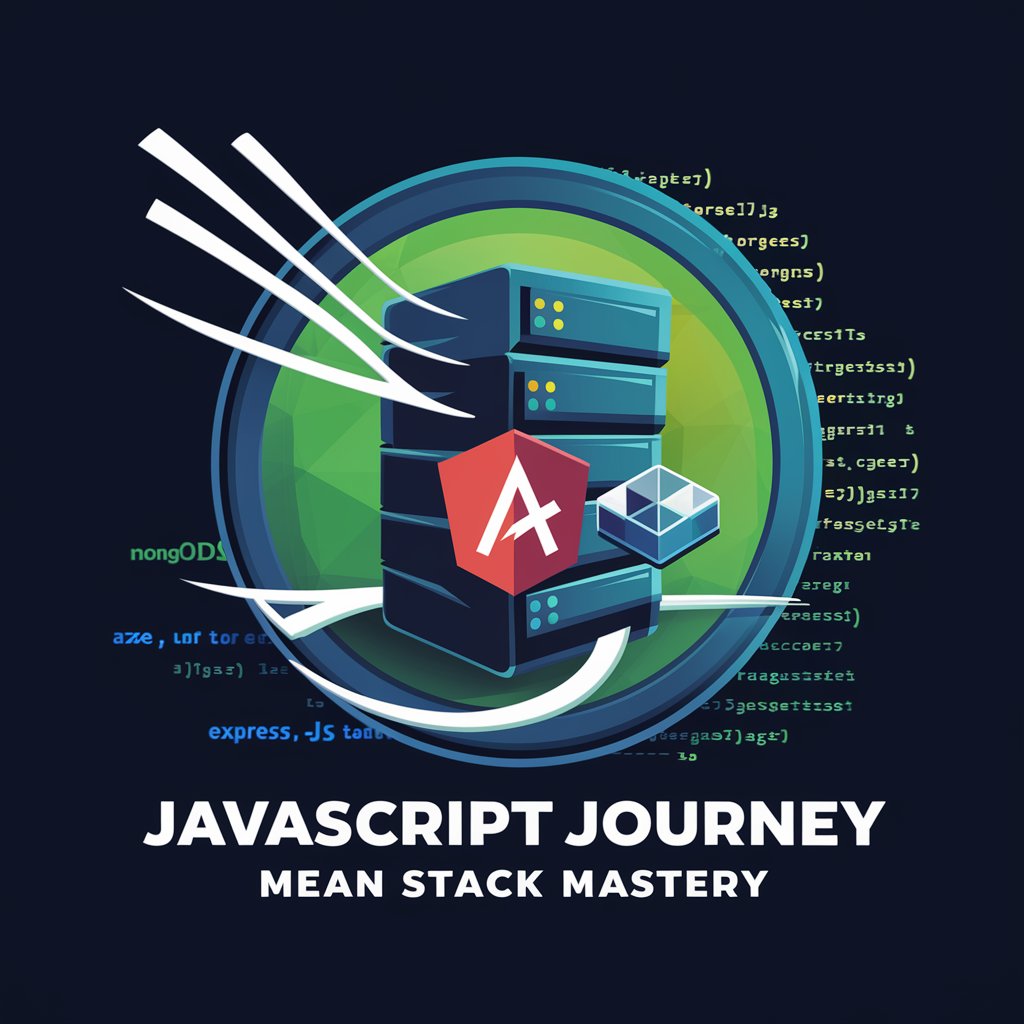
Create a MEAN stack app
Power Your Development with AI-Enhanced Tools
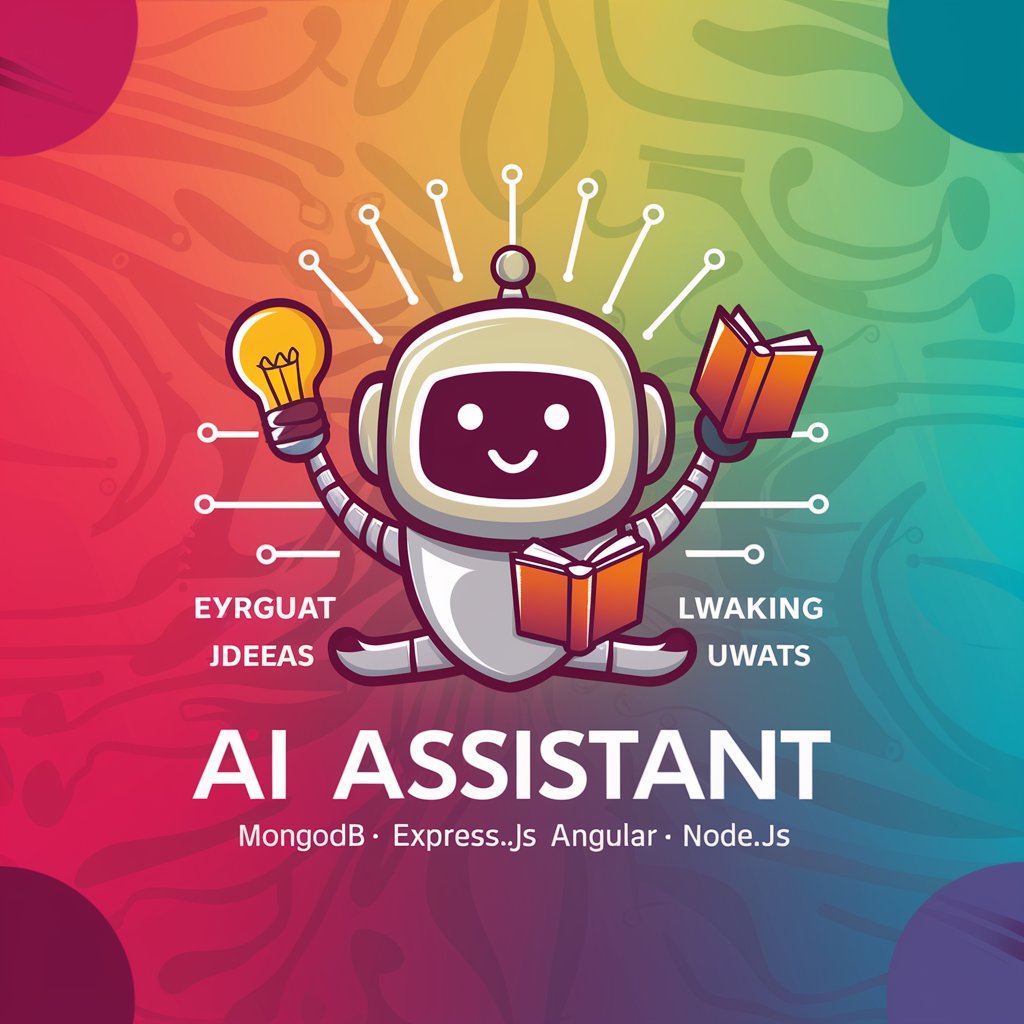
Elterngeld Chatbot
Navigate parental benefits with AI ease
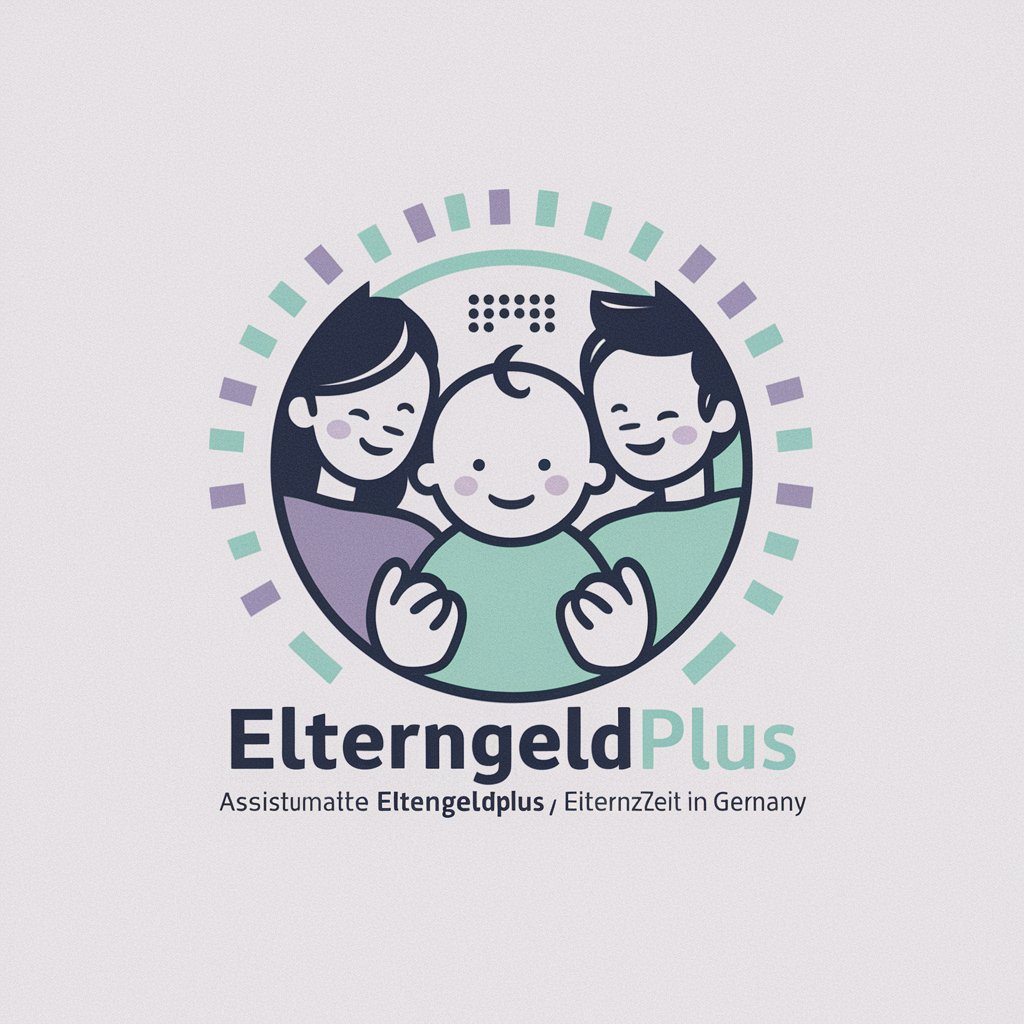
ATDC Chatbot
Empowering Startups with AI

Keyword Research
Empower Your SEO with AI-Driven Keywords

Detailed Q&A for 'What does this word mean?'
What can I learn about a word using this tool?
This tool provides definitions, etymology, usage examples, cultural context, and historical evolution. You can also explore similarities between words and learn their unique trivia.
How does the tool handle complex or obsolete words?
It uses a vast linguistic database and AI-powered analysis to provide comprehensive insights into both contemporary and obsolete words, explaining their origins and historical contexts.
Can 'What does this word mean?' help with language learning?
Absolutely, it aids in vocabulary building by providing detailed explanations, examples from literature, and etymological backgrounds that enrich language learning.
Is this tool suitable for academic research?
Yes, it provides detailed linguistic and etymological insights that can be invaluable for academic research in literature, linguistics, and historical studies.
How can I use this tool to improve my writing?
By understanding the nuances and origins of words, you can choose more precise words in your writing, enhancing clarity and reader engagement.
